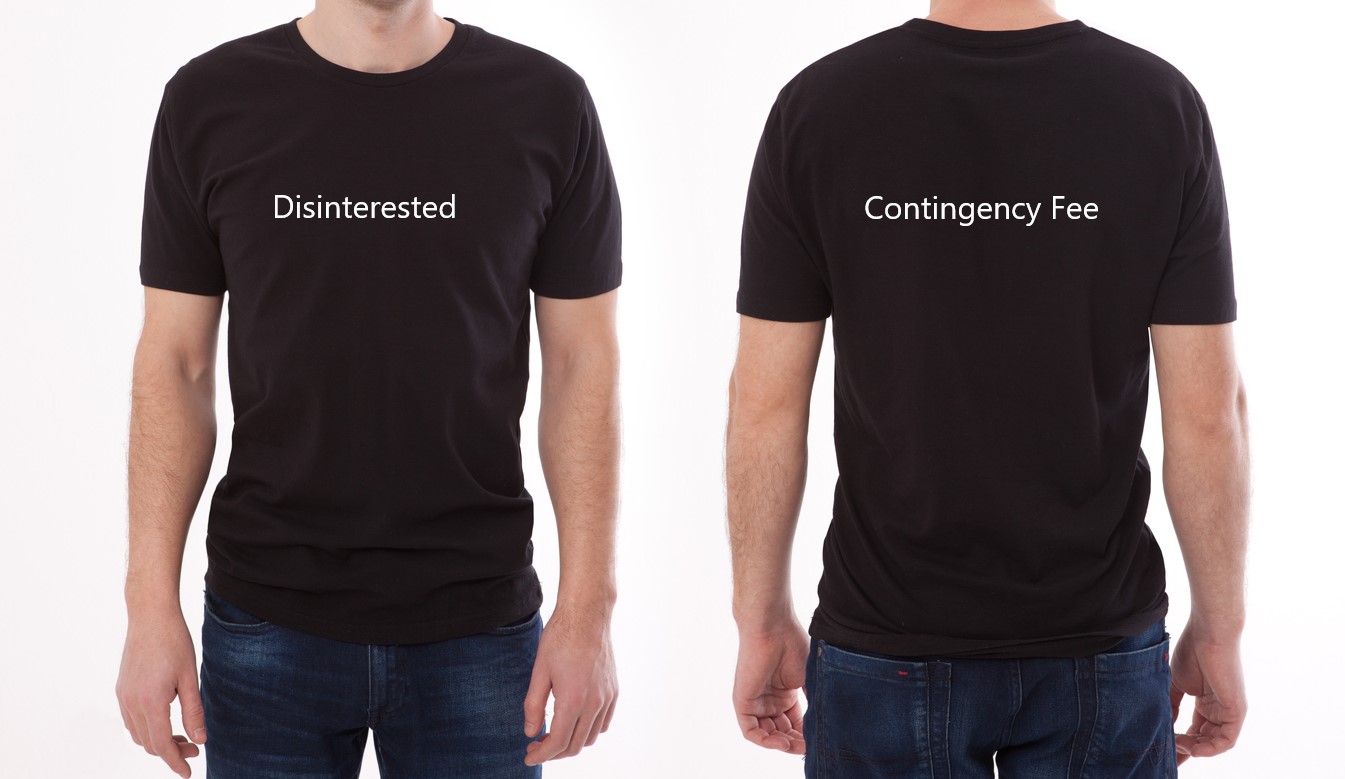Public adjusters in Florida have routinely appointed themselves as appraisers for their policyholder clients. This generally saves the policyholder money and provides a person already familiar with the loss and ready to move the appraisal process along. However, based on the trend and discussion in legal court cases, it appears that this practice of self-appointment will be a thing of the past.
The National Association of Public Insurance Adjuster’s counsel, Brian Goodman, gave an excellent presentation a year ago about the explosion in the number of appraisals as a means of resolving property insurance disputes over the last two decades. Steve Patrick, Insurance Appraisal and Umpire Association, The Windstorm Insurance Network, and others are teaching people how to be appraisers and umpires. So, the changing state by state rules regarding qualifications of appraisers is something impacting a lot of claims and people involved with this process of dispute resolution.
A recent Florida appraisal decision stated and held the following on this issue:1
The insurer asks that we conclude, as a matter of law, that an insured’s public adjuster cannot later be appointed the insured’s disinterested appraiser where there is a contingency-fee arrangement. But we can resolve this issue on narrower grounds: the actions of the insured’s appraiser combined with his financial interest.
Here, the insured signed a contract with the public adjuster entitling the public adjuster to a portion of any recovery from the insurer and assigning a portion of the claim to the public adjuster. Next, the public adjuster inspected the property and submitted the claim to the insurance company. Later, the public adjuster sent a letter appointing himself the appraiser.
On the facts of this case, we easily conclude the public adjuster was not ‘disinterested’ and reverse the circuit court’s judgment. On remand, the circuit court should enter judgment for the insurer on the issue of this specific public adjuster’s ability to serve as the disinterested appraiser for the insured.
I would encourage readers of this blog and those interested in Florida appraisal to read the two concurring opinions. One suggests that a contingent fee agreement also prevents one from being an appraiser while the other points out an argument against that is policyholders can better afford to retain appraisers on contingent agreements.
These discussions are academically interesting, but the trend is that contingent fees in Florida appraisals are not allowed and public adjusters appointing themselves as appraisers is not allowed in Florida appraisals.
Thought For The Day
We know that we cannot live together without rules which tell us what is right and what is wrong, what is permitted and what is prohibited. We know that it is law which enables men to live together, that creates order out of chaos. We know that law is the glue that holds civilization together.
—Robert Kennedy
_________________________
1 State Farm Florida Ins. Co. v. Valenti, No. 4D19-205 (Fla. 4th DCA Dec. 11, 2019).





